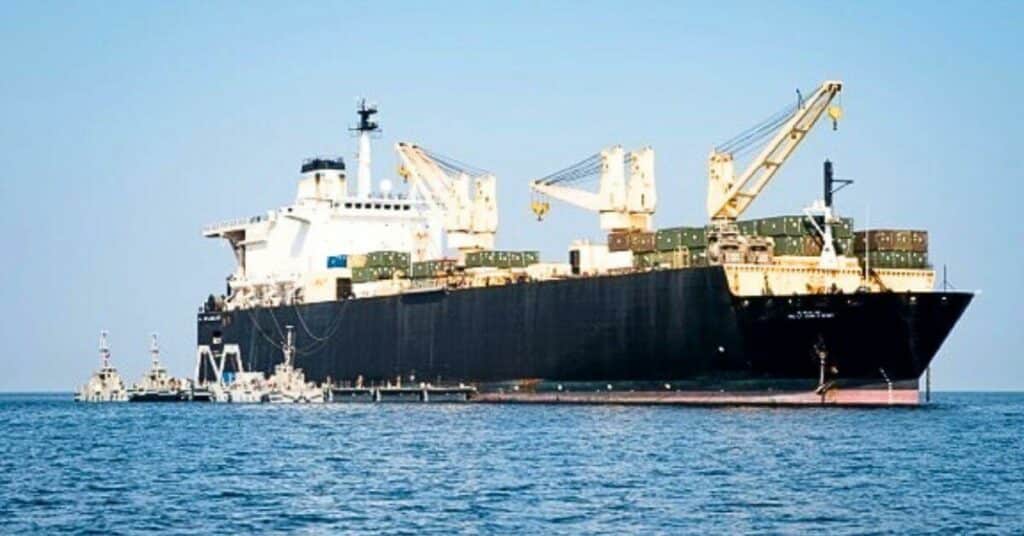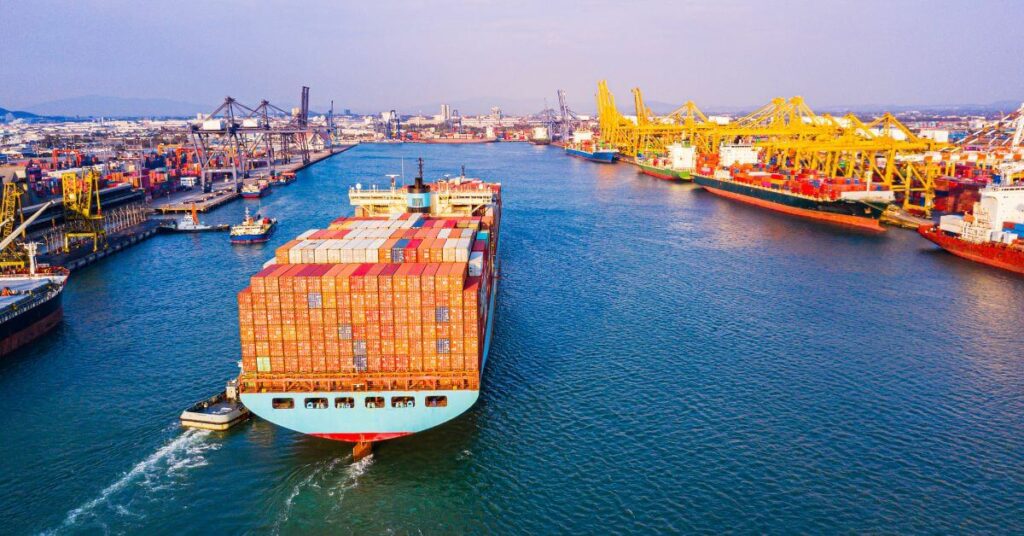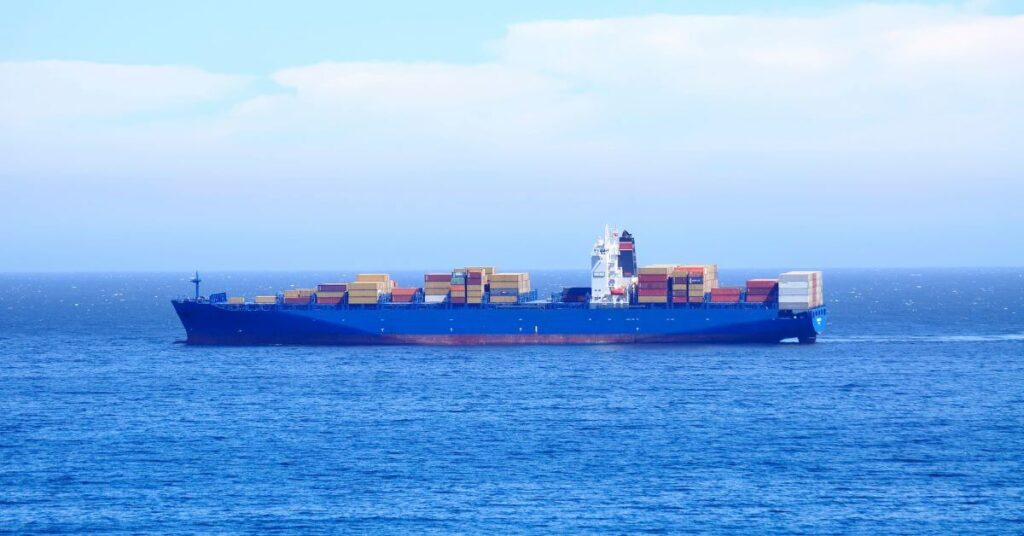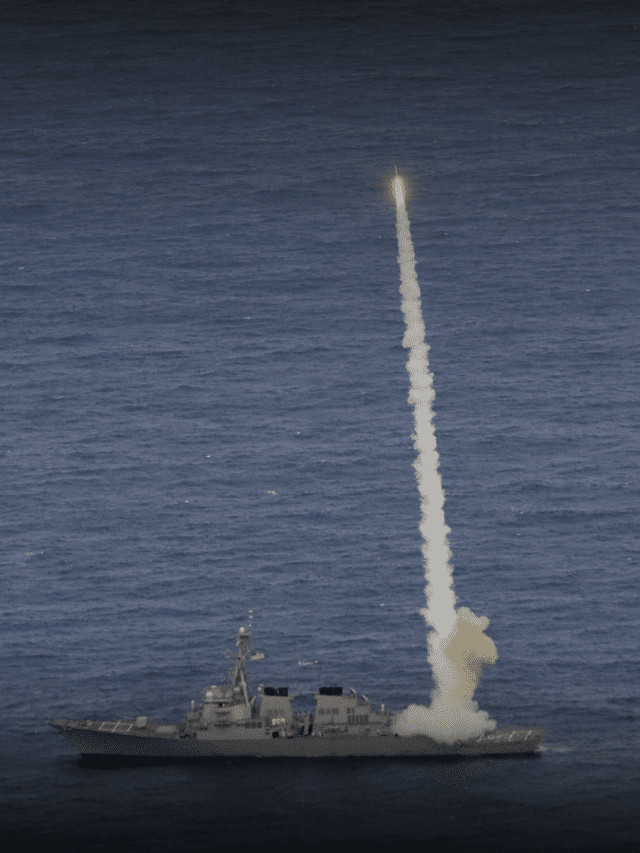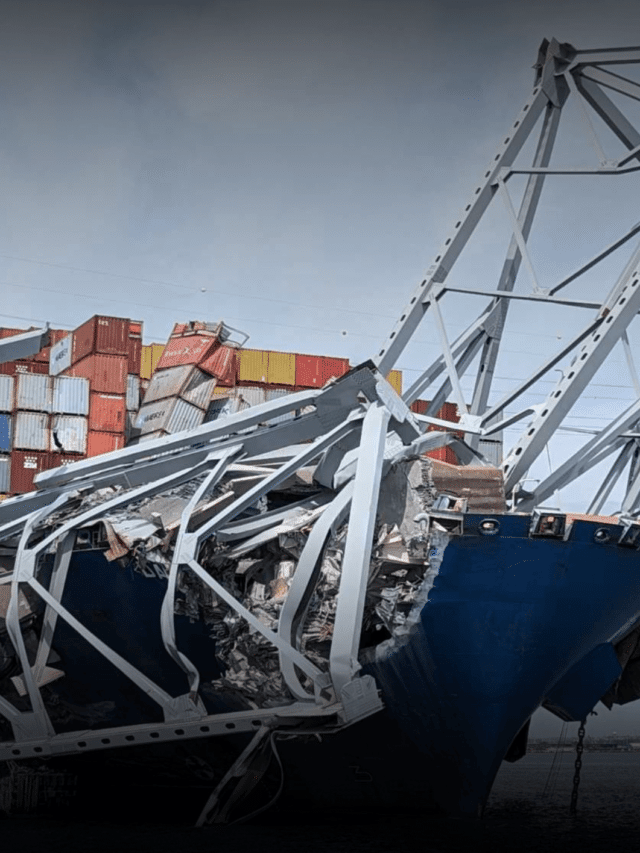Lloyd’s Register Removes Ships Of Leading Indian Carrier For Transporting Russian Oil
It is the most recent setback for an Indian shipping firm, which was compelled to find new flags for 36 of its vessels after they had been deflagged by the St. Kitts & Nevis International Ship Registry.
Lloyd’s Register has told India’s Ship Management company, which has recently emerged as a major carrier of Russia’s oil since Moscow invaded Ukraine, that it will withdraw certification of 21 of its vessels by 3 June, the maritime services firm informed Reuters.
It is the most recent setback for the Indian shipping company, which was also forced to find new flags for 36 of its vessels after they were deflagged by the St. Kitts & Nevis International Ship Registry.

An email to Reuters stated that Lloyd’s Register is dedicated to enabling compliance with sanctions regulations on trading Russia’s oil.
Classification societies like Lloyd’s Register in London extend services, including seaworthiness checks, a vital certification for securing entry to ports and insurance.
Lloyd’s Register said, however, that 11 vessels of the Indian shipping firm it had been declassifying were certified by the Indian Register of Shipping (better known as IRClass).
The Indian shipping company, which is based in the Indian city of Mumbai per shipping databases, has not responded to any requests for comments.
The American Club, a major US insurer, also informed Reuters that it no longer offered cover for the Indian shipping company’s vessels. In contrast, the Russian insurer dubbed Ingosstrakh said it wouldn’t be collaborating with the Indian shipping firm in the future.
Neither Lloyd’s Register, the insurers, nor the flag registry spelt out why they’ve dropped business with the shipping firm in question.
Disruption and limitations
In response to Russia’s war in Ukraine, Western powers have imposed a price cap on Russia’s crude of $60 per barrel.
While non-EU countries can smoothly import seaborne Russia’s crude, Western insurers, shipowners, and insurers are restricted from handling these types of cargoes unless those are sold at or below that rate.
Last month, spot rates for Russian crude oil rose above $60 per barrel, and some ship insurance executives mentioned that they were scared about falling foul of the rules and regulations as they couldn’t track the cargo values independently.
References: Reuters, Forex Live
Disclaimer :
The information contained in this website is for general information purposes only. While we endeavour to keep the information up to date and correct, we make no representations or warranties of any kind, express or implied, about the completeness, accuracy, reliability, suitability or availability with respect to the website or the information, products, services, or related graphics contained on the website for any purpose. Any reliance you place on such information is therefore strictly at your own risk.
In no event will we be liable for any loss or damage including without limitation, indirect or consequential loss or damage, or any loss or damage whatsoever arising from loss of data or profits arising out of, or in connection with, the use of this website.
Disclaimer :
The information contained in this website is for general information purposes only. While we endeavour to keep the information up to date and correct, we make no representations or warranties of any kind, express or implied, about the completeness, accuracy, reliability, suitability or availability with respect to the website or the information, products, services, or related graphics contained on the website for any purpose. Any reliance you place on such information is therefore strictly at your own risk.
About Author
Marine Insight News Network is a premier source for up-to-date, comprehensive, and insightful coverage of the maritime industry. Dedicated to offering the latest news, trends, and analyses in shipping, marine technology, regulations, and global maritime affairs, Marine Insight News Network prides itself on delivering accurate, engaging, and relevant information.

About Author
Marine Insight News Network is a premier source for up-to-date, comprehensive, and insightful coverage of the maritime industry. Dedicated to offering the latest news, trends, and analyses in shipping, marine technology, regulations, and global maritime affairs, Marine Insight News Network prides itself on delivering accurate, engaging, and relevant information.
Do you have info to share with us ? Suggest a correction
- U.S. Department Of Transportation Invests $316 Million To Modernise Passenger Ferry Services
- U.S. Navy Ship Heading To Gaza For Building Temporary Dock Returns After Engine Room Fire
- Indian Navy On High Alert In Persian Gulf Amid Rising Regional Tensions
- COVID-19 Pandemic Limits Container Market Growth By 24.6 Million TEU
- EU Admiral Urges For More Warship Deployment In Red Sea To Protect Commercial Shipping
- MSC Assures Safety Of 25 Crew Members Onboard Cargo Ship MSC Aries Seized By Iran
Latest Shipping News Articles You Would Like:
Subscribe To Our Newsletters
By subscribing, you agree to our Privacy Policy and may receive occasional deal communications; you can unsubscribe anytime.
Web Stories











